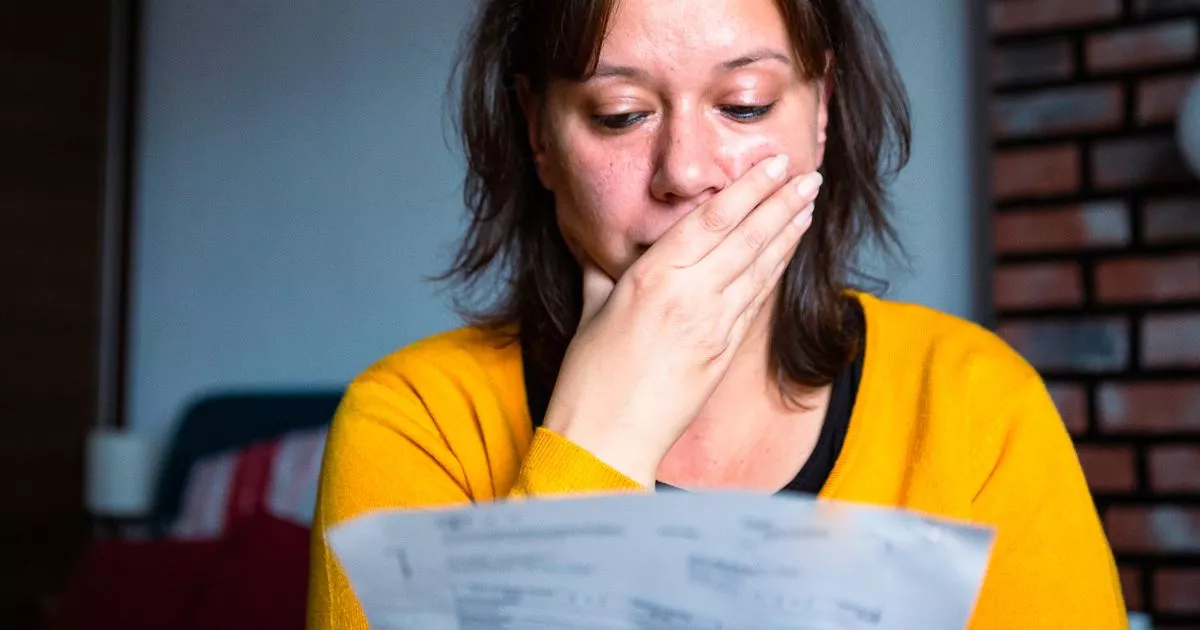Energy Price Cap Increase Proposed
Ofgem, the energy watchdog, has announced plans to raise the energy price cap starting April next year, aiming to help suppliers recover nearly £3 billion in unpaid bills. The proposed one-off rise of £16, applicable between April 2024 and March 2025, translates to approximately £1.33 per month. Notably, customers using pre-payment energy meters will not be impacted.
Aim to Assist Struggling Customers
Ofgem asserts that the increase will assist suppliers in establishing payment plans and writing off debts for financially strained customers. This move comes amidst persistently high energy prices, with the Ofgem price cap set to increase from £1,834 to £1,928 for a typical dual fuel household starting January 1.
Understanding the Price Cap Mechanism
The price cap determines the maximum rate that energy firms can charge per kilowatt-hour (kWh) for gas and electricity, including standing charges—fees incurred regardless of energy consumption. For a direct debit customer with “typical energy consumption,” the annual payment estimate is based on wholesale energy prices. Ofgem acknowledges that the price cap’s effectiveness may need adjustments in the future to align with the evolving energy sector.
Director General’s Perspective
Tim Jarvis, Director General for Markets, emphasizes the necessity of the proposed measures, ensuring fair cost recovery without disproportionately affecting specific customer groups. He notes that while the price cap has shielded consumers from market volatility, its operation may require modification for continued customer protection in a changing energy landscape.
New Rules to Support Vulnerable Customers
In a related development, Ofgem has introduced rules requiring energy firms to proactively contact vulnerable customers missing payments. Companies must reach out after two missed monthly or one quarterly payment, offering tailored solutions such as payment plans or repayment holidays. Additionally, firms must display their Citizens Advice customer service rating, enabling households to compare services based on factors like call waiting times and assistance quality.
Source:mirror.co.uk





